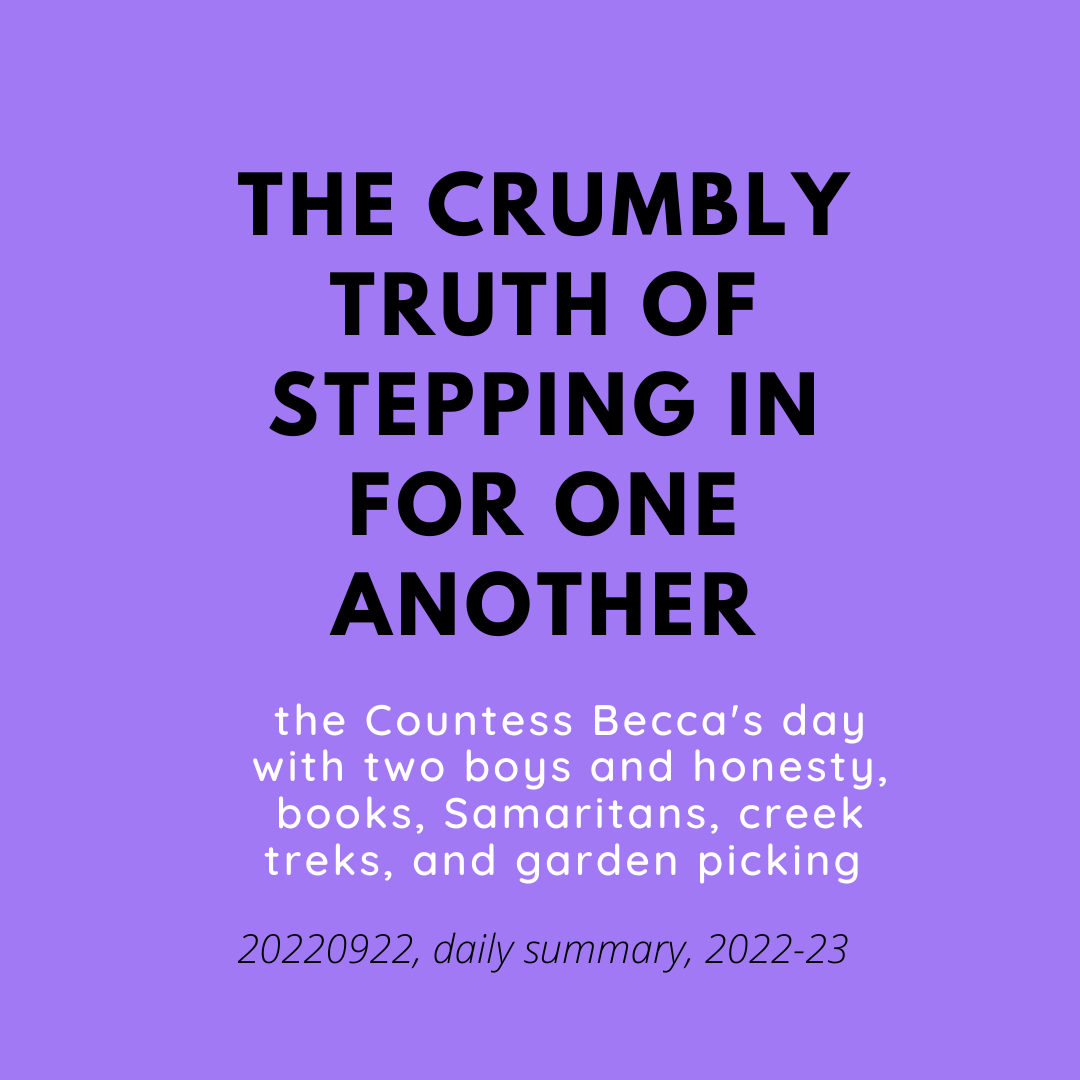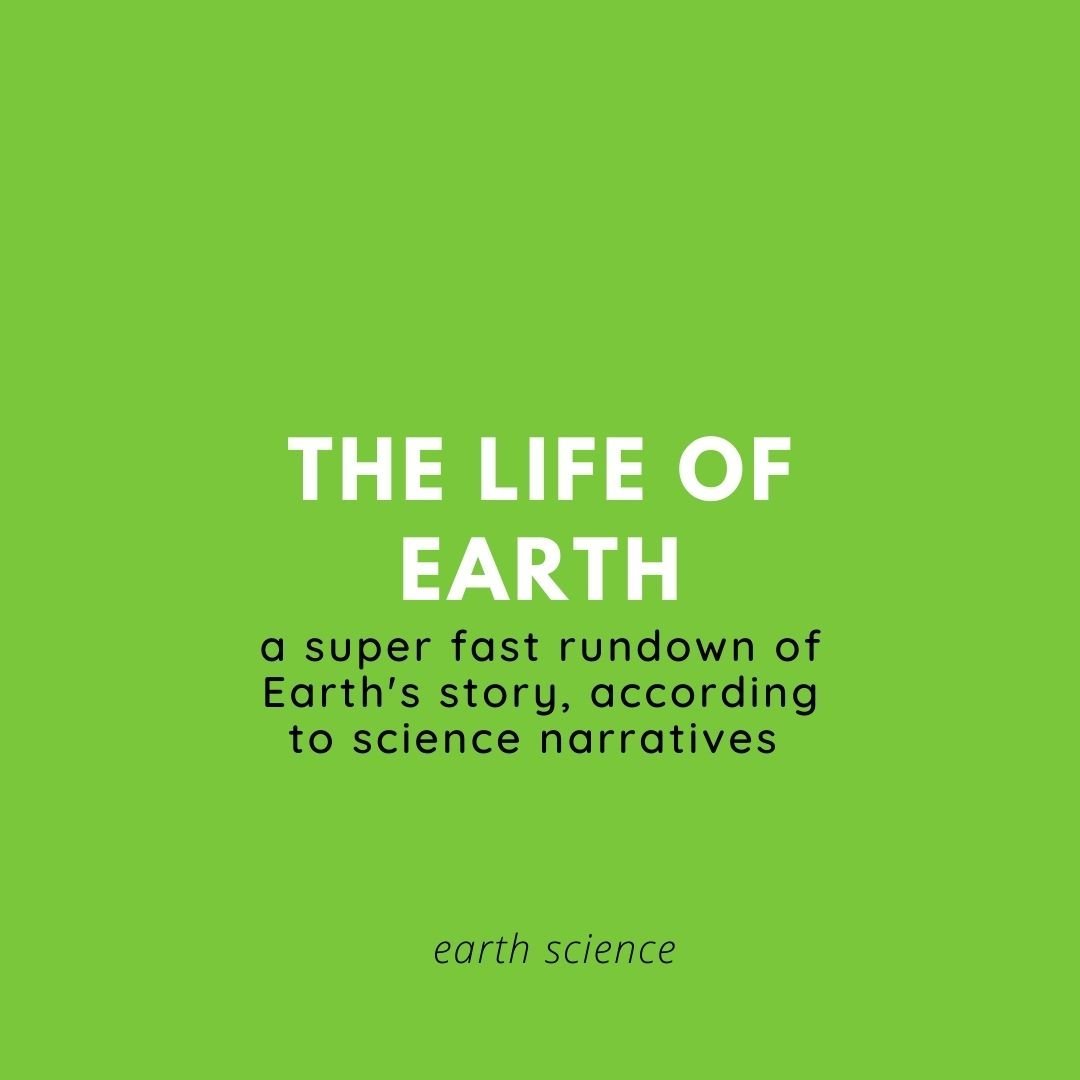30 observations and ideas for teaching a Middle School Science class.
Observations on watching a skilled 7th/8th grade Science teacher begin the year with a class of 28 students.
Start the class with by engaging in conversation.
“When did you stop calling your mom ‘mommy,’” he asks. “Or do any of you still call your mother ‘mommy?’”
Two boys raise their hands. There is brief chatter about different names and cultural ways of referring to one’s mother. Students are interested. Is it science, per se? No. Not yet. But they’re engaged and interested.
Learn names.
Spend extra time up front figuring out who’s who and ensuring you know what people like to be called.
Give a short, friendly but firm directive about expectations.
No phones in class, he says. I gave leeway the first day. From here on out…if you take it out, it will affect your grade.
Also, he continues, there will be lots of talking in this class as we learn about science. But no chitchat when I’m talking or lecturing.
Respect students’ decision making skills.
You can do what you want, he says. You’re teenagers now. But whatever choice you make will have consequences. So know that. The choice is up to you.
Deadlines and procrastination.
There will be a test today, he says. I’ll post it at 3pm, right after class is out. This is so those of you who like to get a jump on things can do it and be done before the weekend.
Now…he continues. I’m giving you a deadline. Your test needs to be complete before then, or it’s a zero. If there are any tech issues last minute, that is your problem. So don’t wait.
Brief segue to break up the serious.
Somehow there is talk of a Corn song.
You mean the band Korn? he asks, and that is points in my book for being a teacher who knows the Jonathan Davis-fronted band.
No! Most students chorus. The Corn Song!
Someone pulls out their phone, and he reminds them of the phone policy, but allows the first verse of The Corn Song to be played, and several students join along to the chorus.
Establish the hierarchy of power.
“Take his phone, take his phone!” several students start chanting at the boy who pulled out his phone to play The Corn Song.
He looks up with a smile. No mob mentality, he says. I’m the authority.
The boy slides his phone away.
Find ways to keep reiterating what science is.
You can disagree with a question, he smiles. But you have to have a reason. You can’t just say “that sucks.” You have to come up with a reason why you disagree.
…and keep finding ways to reiterate what science is.
‘What is skepticism?’ he asks as he picks up his coffee mug. ‘If I tell you there’s cream in my coffee, how do you know there is? What is the difference between being a skeptic and being a cynic?’
He waits for some answers, none of which are close to the mark.
He goes on explain how skepticism is about asking questions and looking for evidence. Cynicism - which is bad - is when people think something is absolutely a certain way and that’s just the way it’s going to be.
So as it relates to Science: skepticism good, cynicism bad.
Set the boundaries early for the goofs and attention-seekers.
An 8th grader raises his hand with a grin.
Mr. S—— points at him without skipping a beat and calls him by name: ‘Do you actually have a relevant question, or are you trying to say something funny and make everyone laugh?’
Deer in headlights. The smile gets bigger, then smaller, and the hand goes down as the lad admits, to his credit, that it was mostly the latter.
More proactive class management early on.
Thank you for not bouncing that anymore, he says quickly between lecturing on the scientific method. Thank you for not bouncing whatever that thing is anymore. It’s distracting.
The bounce-tap sound stops.
Make them learn the importance of defining the important words.
What does the word ‘tentative’ mean? he asks.
Nip in the bud: more proactive class management.
Are you making good choices? he asks a boy, caught red-footed trying to tap the chair of the person in front of him surreptitiously repeatedly. You’re in Middle School. You can do what you want. But there are consequences. Are you making good choices?
He says with a smile, and the footsie foolery stops.
Keep on making students define the important concepts.
Why is making a hypothesis such an important part of the Scientific Process? he asks. This kick starts a good multi-student dialogue about what it means to formulate good questions so that a scientist can form strong conjectures based on those questions.
Drive in the importance of questioning.
‘I noticed some of you said on the quiz that a scientist shouldn’t question…why?’
A student, tries, with apparent seriousness, to play devil’s advocate and draw an analogy about why it might be a good thing not to question. It has something to do with a jobless scientist applying for a job and not asking anything because he needs a job so bad. My first-hand observation is that it appears to make no sense to anyone, including the teacher. He moves on and drives a discussion, again, on the importance of asking questions.
Real world examples of good questioning versus bad questioning.
He talks about how there are people who are good at using scientific vernacular - yes, he used the word vernacular - to ostensibly ask questions…and how there are some questions that are not based in good faith (my phrase, not his), and therefore you need to get good at questioning what you’re being told when it doesn’t make sense. He used flat earthers as an example.
There are actually a group of people, he says, - a small group in the minority, but a growing group, unbelievably - that claim Earth is flat. They’re good at using scientific terms, that, if you were hearing them, they might sound good, because they might sound scientific. That’s where you have to be skeptical. Does an idea like this that uses some scientific terminology match up with what the vast majority of legitimate scientists and experts have researched and learned for many years? That’s why it’s important to be skeptical, ask questions, and look at the data and evidence. The earth is not flat. Question idiocy.
The importance of ration and reason / don’t throw out babies with bathwater.
He talks about ration and emotion, and unfortunately perpetuates a long-held stereotype about genders, and one gender’s propensity to be more ‘emotional.’
Note: this is also a good chance for me to use a classic platitude: don’t throw out the baby with the bathwater.
I choose to not dismiss the many effective examples and ideas he’s conveyed, even though I disagree strongly with his choice to contradict himself on this, in the name of using rationale and reason, to perpetuate a common stereotype that is held to be true by many, but is an unfortunate message to deliver to a mixed group of teenagers in such a simplistic way that doesn't address the nuances, variables, and research that helps us to understand what gender says about emotions and feelings.
Science, at its heart, carries a respect for other disciplines; a respect in the sense that it follows the evidence, and doesn’t make claims outside one field of study that it’s not qualified to make. Within the context of a general science class for middle schoolers, it’s not a relevant or accurate statement to plump up, with implied science, that women are fundamentally more emotional than men. Particularly if the focus and context of the current topic is not specifically looking at gender, biology, genetics, psychology, sociology, to say nothing of defining what is meant and implied by the word 'emotional.’
I continue to respect this teacher and appreciate the vast majority of what he has done, early on, to encourage and involve students in getting excited about science and pounding in the importance of asking good questions.
Review what you’ve covered.
Go over again, what scientists mean by:
hypothesis, curiosity, skepticism, and The Scientific Method
Interweave stories and personal anecdotes.
He talks about his proposal to his wife, and how it relates to asking questions, forming a hypothesis, and collecting data.
Science is not majority opinion.
The opinion of the majority is not evidence, he says,
and goes on to discuss how opinions might become part of a study, such as conducting a survey that gathers people’s opinions about something, and using the results of the survey as a possible type of evidence in some types of scientific research to indicate the attitudes, preferences, or beliefs of a specific population.
Review, again, the steps of The Scientific Method.
Ask a question
Form a hypothesis
Experiment
Collect data and results
Come to a conclusion - is the hypothesis validated, invalidated, or inconclusive?
Don’t run away from tough or polarizing topics.
He references a previous anecdote he told about being accosted by a clipboard-wielding petitioner outside a store, and how this petitioner opened with the question: Do you support freedom? The clickbait-opening question of this petition involved the 2nd Amendment, an issue which comfortably sits in the upper echelons of polarizing topics.
Rather than using a vague and generic example, he used this specific one, without resorting to namecalling, reductive reasoning, or even taking a political position. He used it as an example, within the context of science, of how opinions are confused as facts and evidence, and how our emotions often guide our decision-making, rather than ration and reason.
Gum rights.
Again, this is a class of 28 students. That’s a lot of 7th and 8th graders. ‘We’re going to do a tangible lab,’ he says, and launches into a whole class experiment that involves the bubble-blowing measurements of two different flavors (Trident and Extra).
‘To begin with,’ he declares, ‘I want everyone to write down three concrete observations you notice about this piece of gum.’
Science is not folklore.
‘By the way,’ he says with a grin, ‘it’s an old wives’ tale that gum stays in your stomach for seven years. It doesn’t. You poop it out.’
Include the appropriate units in your response.
When you’re writing down the measurements from your data collection, you have to include the unit! Don’t just write ‘.75.’ Write down ‘.75 cm. It’s very important to include the unit that you’re measuring, not just the number.
Stay on top of classroom management / broken window theory?
You just throw that gum wrapper? he demands of a boy toward the front. Go pick it up. Happens again, and it’s a point off your grade. And you pick up the classroom trash. Not just yours. All of it. Gum wrappers go in the trash.
The joy of gravity and throwing things into trashcans.
He blows a bubble and launches his wrapper through the air. Whoosh. Into the garbage.
Reiterate the importance of Why.
So…after an experiment, is your hypothesis correct? Or is it incorrect? Or is it inconclusive? If so…why?
Deadlines mean something.
You need to turn in your observations and data by the end of class. Or no points.
Scientists take personal responsibility.
PICK UP YOUR AREA, he says. I’m serious. Other classes use this room, and we will not leave it messy and disorganized for others. So pick up.
——-
And that was the end of a Middle School Science class early on in the year. What will these 7th and 8th graders learn in Science this year? I have a feeling they’ll learn…
…a lot.
——-




























